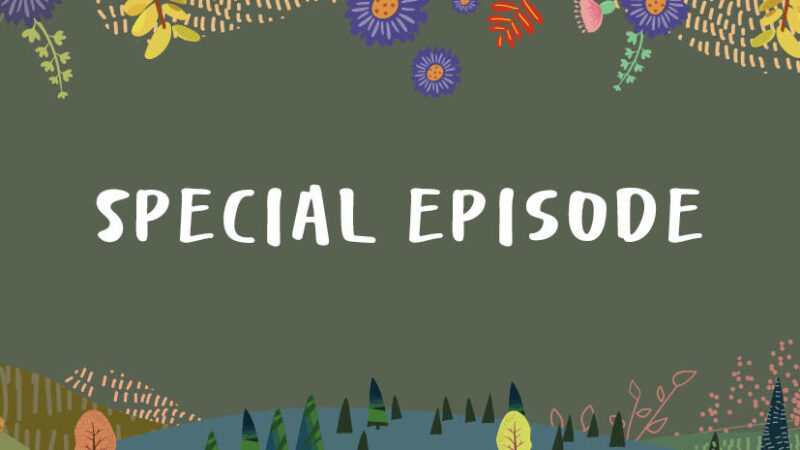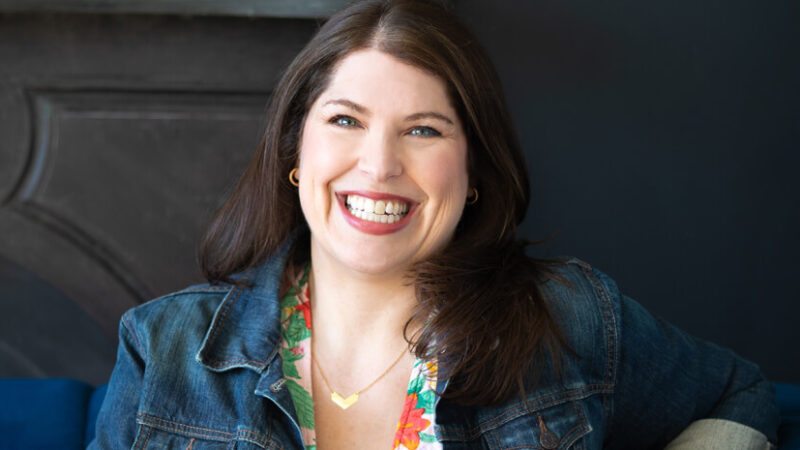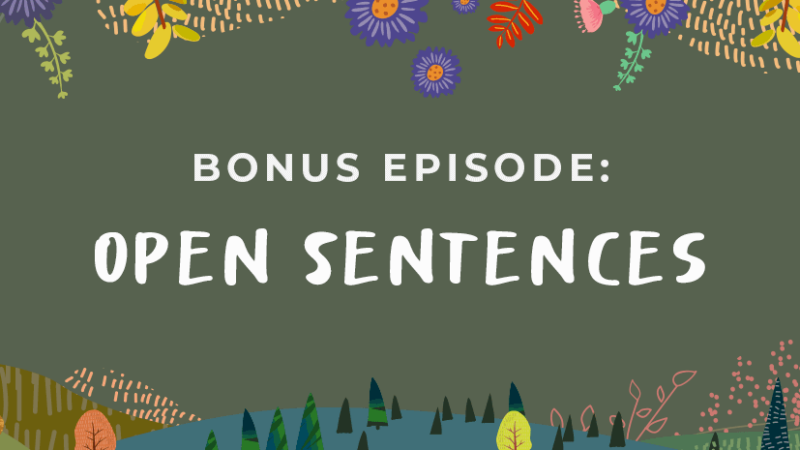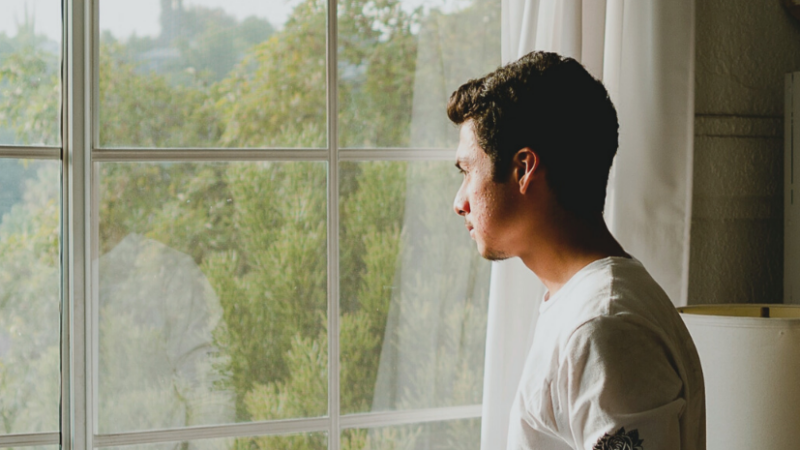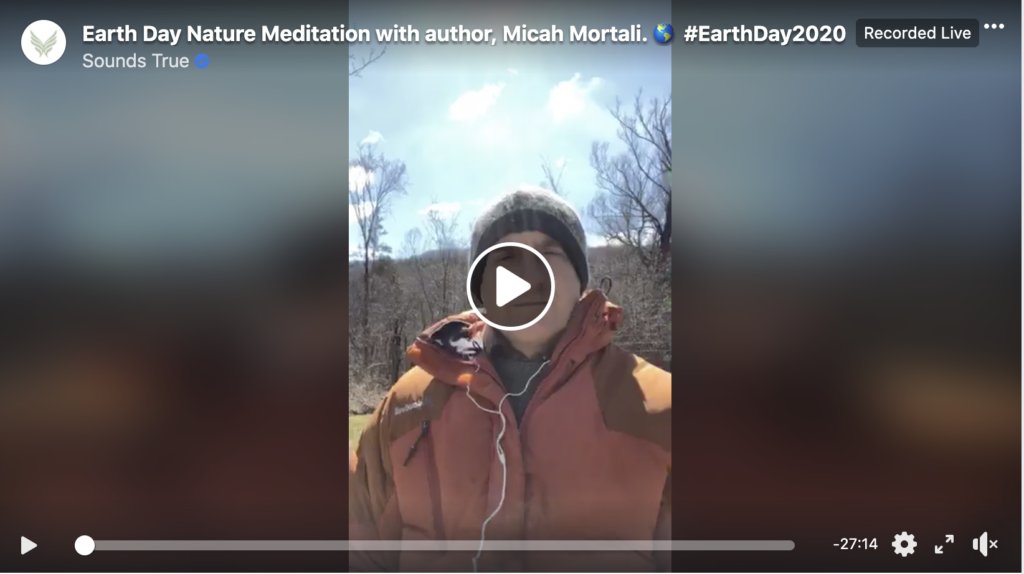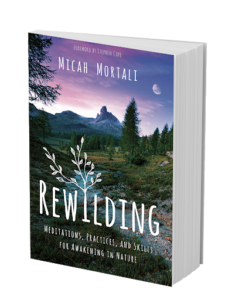Special Episode: Outrage + Optimism
Since we’ve just completed the release of our 10-part series, We Are the Great Turning, we wanted to introduce you to another podcast with a spirit similar to ours: Outrage + Optimism.
The episode we’re going to play for you is called “Our Story of Nature: From Rupture to Reconnection.” It’s the first in a miniseries that shines a light on our relationship to the rest of nature. Remembering our place in the web of life is an essential part of building the Great Turning.
Be sure to subscribe to their podcast, and give them a follow on social media @outrageoptimism.
Now that this season of We Are the Great Turning is over, naturally, the question that’s emerging is … “What’s next?” As we consider whether to do a second season, we’d love to hear more about what you got from the first. What impact has it had in your life, and what might you love to hear from us next? Send us an email or a voice note at greatturning@soundstrue.com or send Jess a DM on Instagram @jess_serrante.
